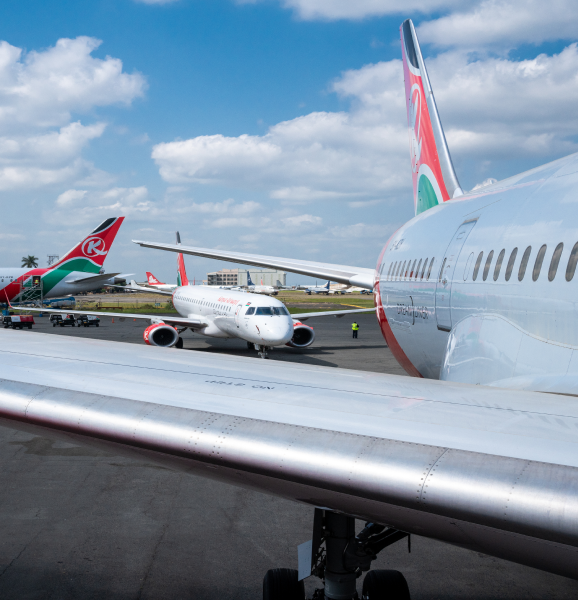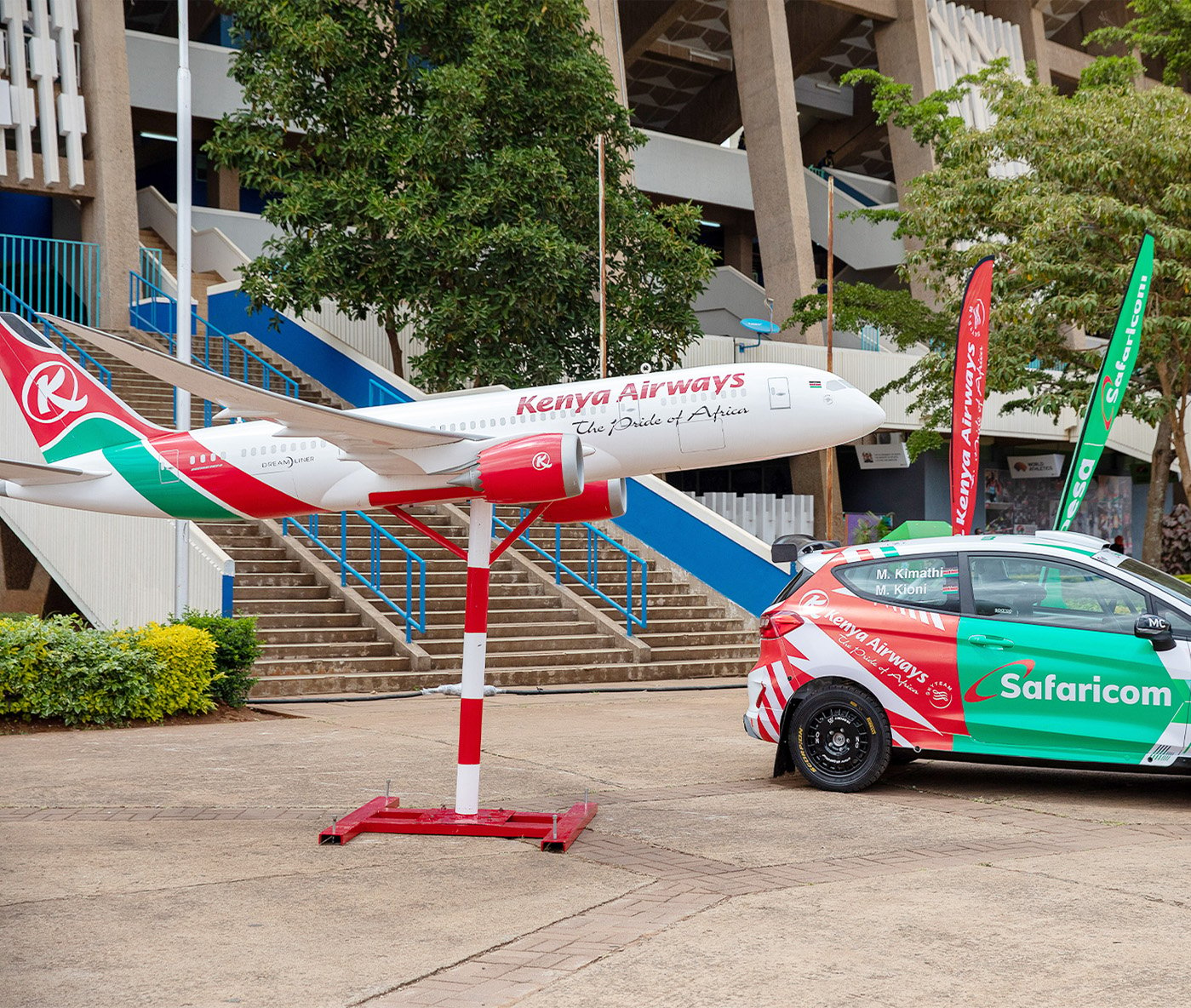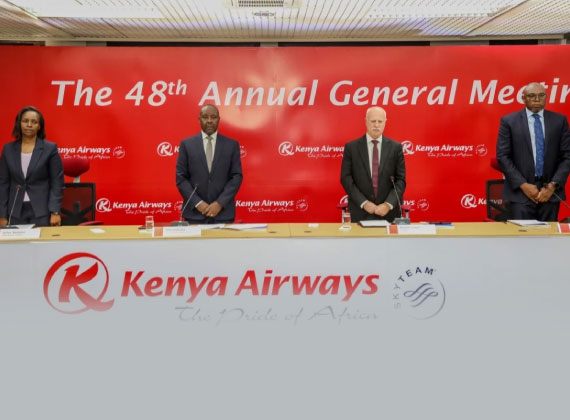Social Highlights
Employee Growth and Gender Diversity - By the end of 2024, Kenya Airways employed 4,705 women and men, an 8% increase from the previous year. Women now represent 44% of the workforce, a 2% increase from 2023.
Employee Satisfaction - The Employee Net Promoter Score (eNPS) improved to 40 in 2024, a significant increase from 21 in 2023, alongside an employee workplace rating of 80%.
Permanent Workforce - The proportion of permanent employees increased to 82.9%, up from 72.3% in 2023, demonstrating Kenya Airways' focus on job stability and long-term career development.








